Lagan’s ‘Mai Yaad Aaonga’ mash-up is a reminder you’re growing old
Sami Khan, Rahma Ali bring back one of the most memorable songs of our times
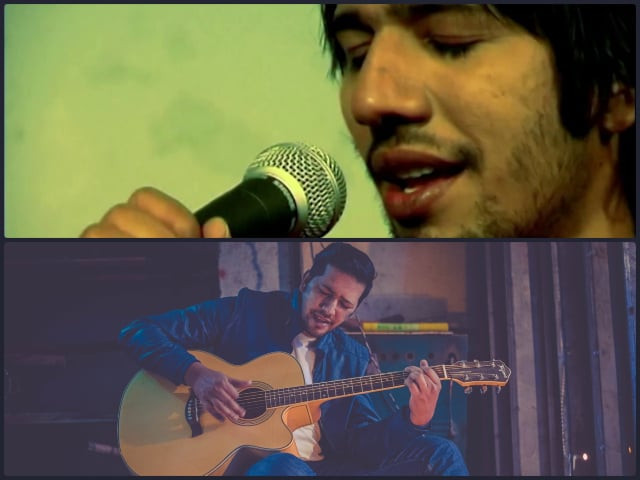
PHOTO: FILE
Well, here’s a fun fact. If you’re in your late 20s or early 30s, then you’re no different. It has been close to 11 years since Lagan released one of Pakistani pop’s most under-celebrated, yet excessively played, songs Mae Yaad Aaonga. The band’s front-man Sami Khan recently collaborated with Rahma Ali to release a Mash-up of the track with another original called Lekin. This turned out to be a great addition to Pakistan’s catalogue of extra-ordinary cover music and a gentle reminder that your status has officialy changed from “Bhai, ball day dain to uncle, ball day dain.”
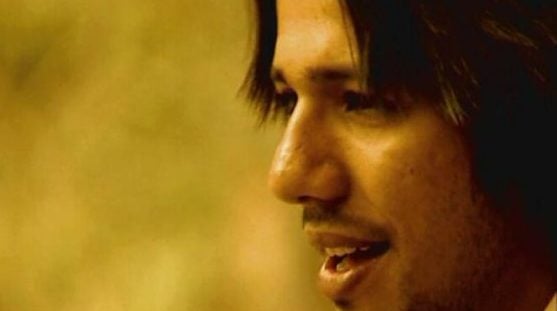 PHOTO: SCREENGRAB
PHOTO: SCREENGRABReality checks aside, Mae Yaad Aaonga is one fine song. It grows on you with time, taking you on a different tangent depending on your mood. Some people associate childhood memories and fondness for the better days with it while others consider it deeply tragic. A friend remembers how the song reminds her of a loved one who had committed suicide, as it was played in a memorial video that was screened few days after the funeral.
Thematically, Mae Yaad Aaonga adds to the tally of Pakistani songs about the death of love. Somewhere between Vital Signs Mar Bhi Jaaon – wherein a dead man addresses his loved one who is still alive – and Kaavish’s Bachpan which showcases the death of a childhood friend, lies this Sami Khan classic.
Lekin takes up most of the mash-up and is a sister song to Mae Yaad Aaonga. Lekin, which literally translates to ‘but,’ is more like a eulogy to the death of love. It surrounds itself in a universe where you have lost love ‘but’ you are still looking for answers. At the same time, it is a paradoxical song for the love may have been lost ‘but’ you still have the nights to cry about it.
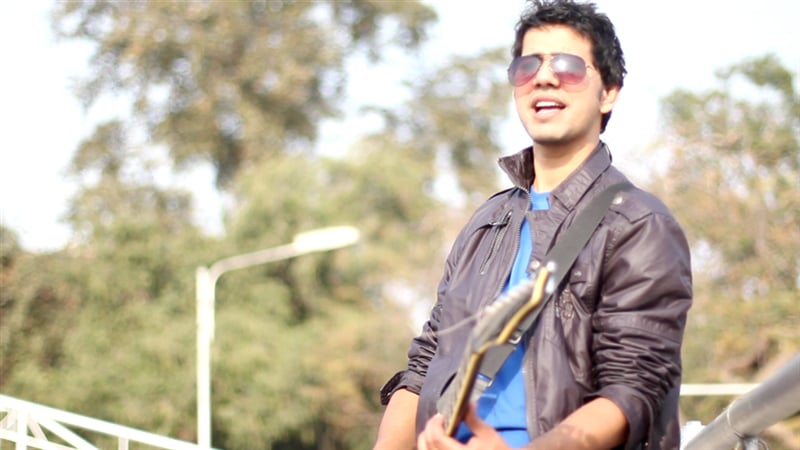 PHOTO: PUBLICITY
PHOTO: PUBLICITYAli makes the most out of this mix of melancholy and self-loathing, singing with a touch of tenderness but doesn’t express as if she is empathising or self-reflecting. This disparity of expression between her and Khan actually adds more uniqueness and recall value to the mash-up.
As much as nostalgia has a key role to play in it, Khan’s exceptional songwriting is still relevant. After all, he is also the mastermind behind one of the finest pop ghazals of our time: Janie Janie from Khuda Kay Liye. Let’s hope he comes back with more original music soon.
Watch it here:
Have something to add to the story? Share it in the comments below.


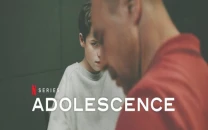
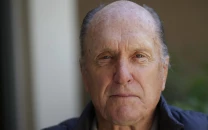















COMMENTS
Comments are moderated and generally will be posted if they are on-topic and not abusive.
For more information, please see our Comments FAQ